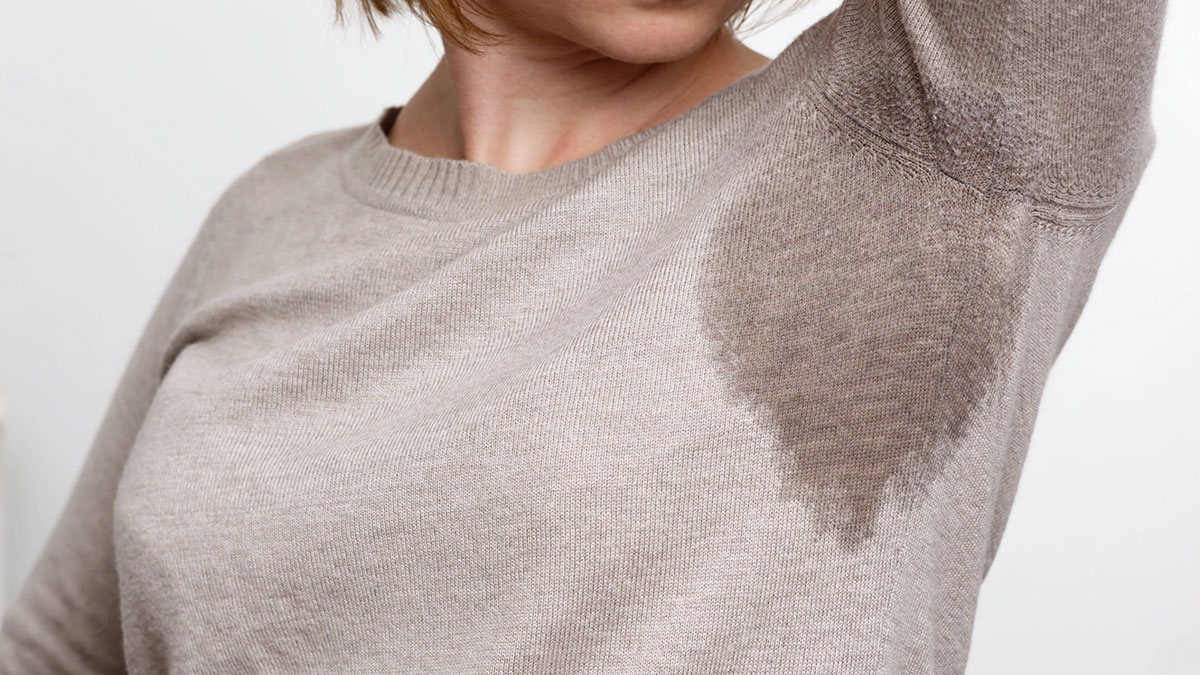Excessive Sweating (Hyperhidrosis)

Hyperhidrosis
Treatments to reduce excessive sweating
Recommended Treatments
Frequently Asked Questions
What is hyperhidrosis?
Hyperhidrosis is a medical condition that causes excessive sweating beyond what is necessary for body temperature regulation. It can affect the hands, feet, underarms, face, or other areas and can occur even when a person is not hot or physically active.
What causes hyperhidrosis?
There are two main types of hyperhidrosis:
- Primary hyperhidrosis: Caused by overactive sweat glands with no underlying medical reason. It often runs in families.
- Secondary hyperhidrosis: Caused by an underlying condition such as hormonal imbalances, infections, medications, or nervous system disorders.
What are the symptoms of hyperhidrosis?
Symptoms include excessive sweating that:
- Occurs frequently and unpredictably
- Affects daily activities
- Leads to skin irritation or infections
- Causes emotional distress or embarrassment
How is hyperhidrosis diagnosed?
A healthcare provider will evaluate symptoms, medical history, and may conduct tests such as the starch-iodine test or gravimetric sweat test to measure sweat production. Blood tests may be ordered to check for underlying causes.
What treatments are available for hyperhidrosis?
- Botox injections: Temporarily block the nerves that trigger sweat production.
- Prescription antiperspirants: Stronger than over-the-counter options, usually containing aluminum chloride.
- Oral medications: Such as anticholinergics, which reduce sweating.
- Iontophoresis: A treatment using low electrical currents to reduce sweating in hands and feet.
- Surgical options: In severe cases, procedures like sympathectomy (nerve surgery) may be considered.
How effective is Botox for excessive sweating?
Botox is highly effective for treating hyperhidrosis, especially in areas like the underarms, hands, feet, and forehead. Results typically last 4 to 6 months, and repeated treatments are needed for long-term relief.
Is hyperhidrosis dangerous?
Hyperhidrosis itself is not life-threatening, but it can significantly impact quality of life, causing emotional distress, social anxiety, and even skin infections if left untreated.
Can lifestyle changes help with hyperhidrosis?
Yes! While medical treatments are often needed, lifestyle adjustments can help:
- Wearing breathable fabrics like cotton
- Using strong antiperspirants at night
- Avoiding spicy foods and caffeine
- Managing stress with relaxation techniques
Is hyperhidrosis hereditary?
Yes, primary hyperhidrosis often runs in families, meaning genetics may play a role in its development.
How can I book a consultation for hyperhidrosis treatment?
If excessive sweating is affecting your daily life, a consultation with an experienced medical professional can help determine the best treatment option. Contact Deborah for a Complimentary Consultation.
